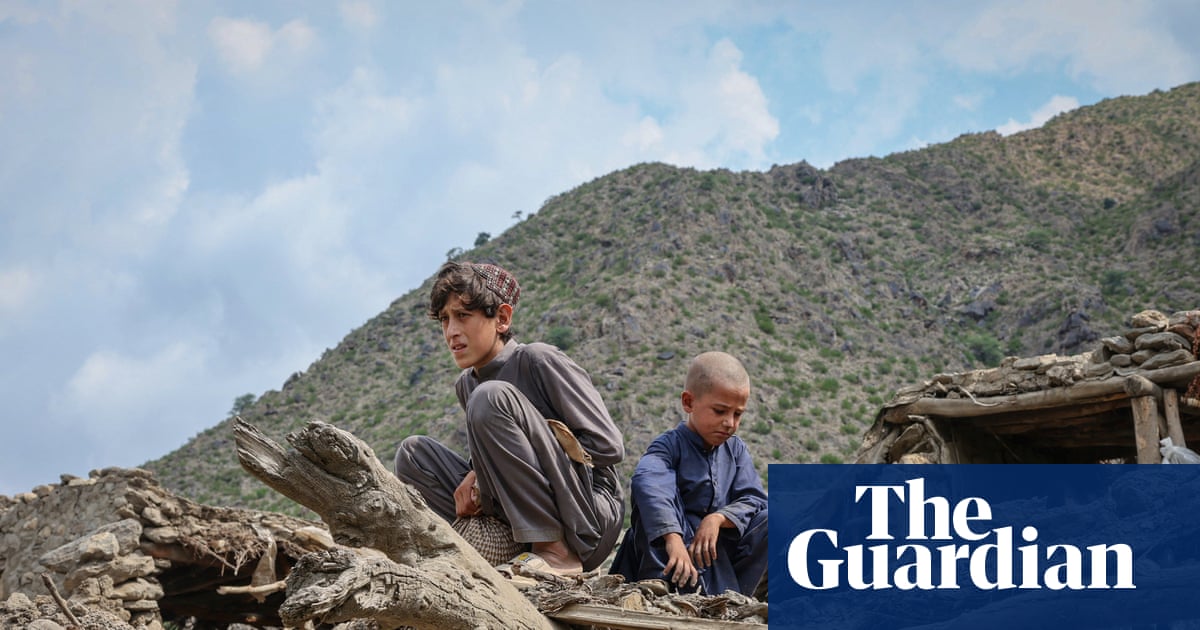Afghanistan Reels from Third Major Earthquake as Death Toll Climbs Past 2,200, Aid Efforts Hampered
Afghanistan Reels from Third Major Earthquake as Death Toll Climbs Past 2,200, Aid Efforts Hampered

Afghanistan is grappling with the aftermath of a devastating magnitude 6.2 earthquake that struck its southeastern regions Thursday night, further escalating the death toll from Sunday’s initial tremor to over 2,200. This marks the third significant seismic event to hit the nation in a week, following a 5.5 magnitude aftershock on Tuesday that disrupted ongoing rescue operations and cut off crucial roads.
Taliban spokesperson Hamdullah Fitrat confirmed Thursday that the casualties from Sunday’s magnitude 6.0 earthquake have now reached 2,205, making it one of the deadliest natural disasters in Afghanistan in decades. The initial quake, which struck the remote eastern part of the country around midnight on Sunday, leveled entire villages and trapped countless residents under rubble. Kunar province has borne the brunt of the disaster, with Islamic Relief assessing that approximately 98% of its buildings, many constructed from vulnerable wood and mud bricks, have been damaged or destroyed.
Rescue and relief efforts are severely hampered by the rough, mountainous terrain and a critical shortage of international aid. Despite the deployment of helicopters and army commandos by Taliban authorities, aid workers face arduous journeys, often walking for hours to reach cut-off villages. Muhammad Israel, a resident of Kunar now sheltered in a UN medical camp in Nurgal, described the terrifying landslide that buried his home and the ongoing seismic activity making return impossible.
The humanitarian crisis is exacerbated by a drastic decline in international aid funding since the Taliban’s return to power in 2021, which has made it difficult for NGOs to operate. Agencies like the Norwegian Refugee Council report a severe lack of staff and emergency supplies, with only $100,000 available for immediate response against a $1.9 million funding gap. Dr. Shamshair Khan at the Nurgal camp highlighted the dire need for more medicine, tents, food, and clean water for the tens of thousands left injured and homeless. This catastrophe unfolds as Afghanistan already battles drought, a severe economic crisis, and the pressures of repatriated Afghans from neighboring countries, all compounded by recent cuts in vital USAid funding.
Disclaimer: This content is aggregated from public sources online. Please verify information independently. If you believe your rights have been infringed, contact us for removal.